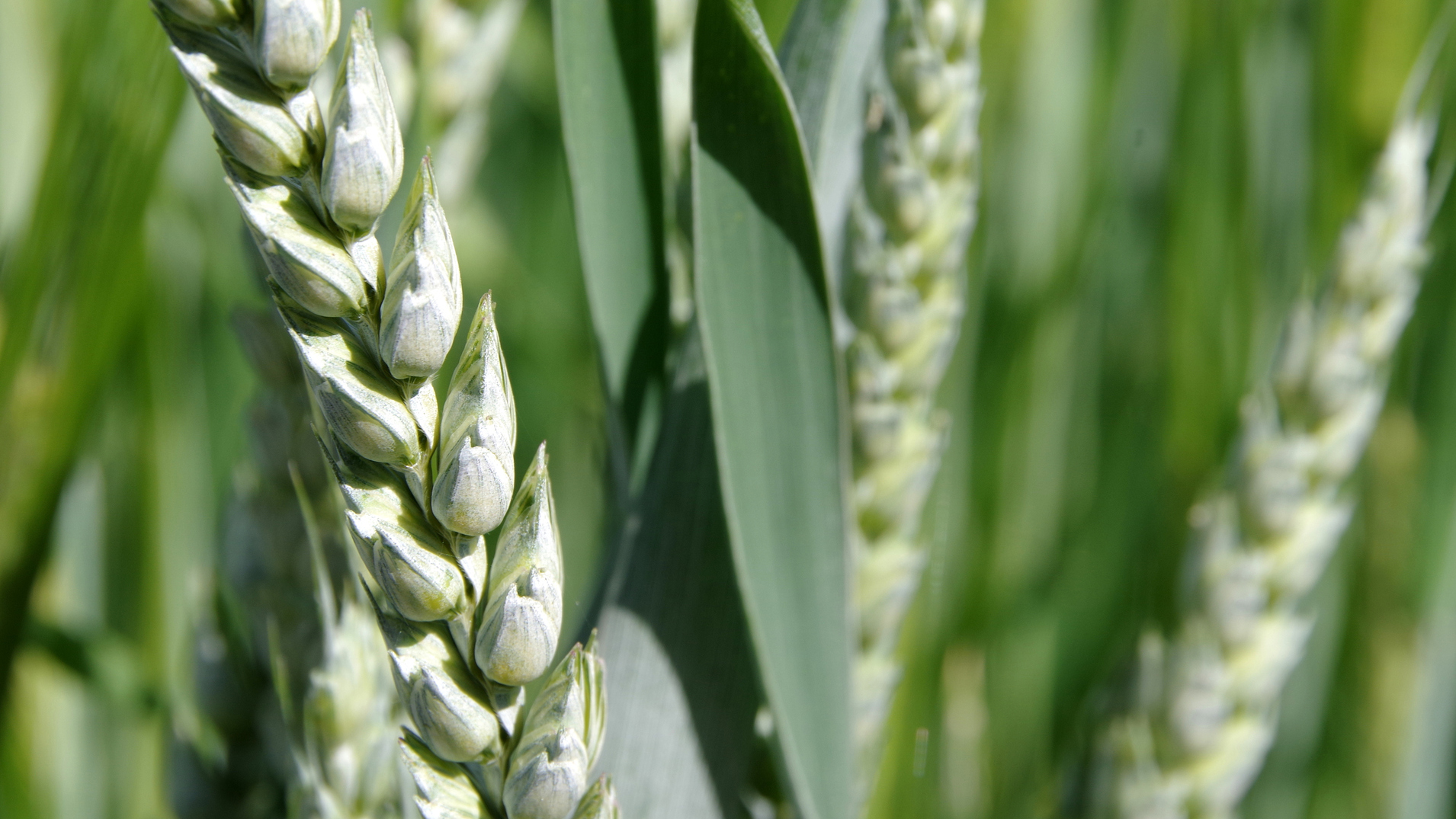The Wheat Genome Is Five Times Bigger than the Human Genome

- The wheat genome is divided into 21 chromosomes and has a triple set of chromosomes – in total almost 100,000 genes. (iStock.com/Schad1953)
Wheat is the one of the most widely cultivated crops in the world and the most common type of grain grown in Switzerland, where more than 70,000 hectares are planted every year. Now the genome of this plant has been sequenced in full for the first time. This is the result of a 13-year international collaboration by the International Wheat Genome Sequencing Consortium (IWSCG). The University of Zurich is a key member of the consortium, which comprises 73 research institutions from 20 countries.
Five times bigger than the human genome
The genome of wheat consists of over 15 billion base pairs, making it around five times larger than the human genome. The wheat genome is divided into 21 chromosomes and has a triple set of chromosomes – in total almost 100,000 genes. The genome was decoded by sequencing the order of the base pairs in the chromosomes. “The sequencing of the wheat genome is a scientific and technological milestone. Never before has such a large genome been sequenced with such high quality,” says Prof. Beat Keller of the Department of Plant and Microbial Biology of the University of Zurich and coordinator of the project within the consortium.
A particular difficulty for the sequencing was the extremely high number of transposable elements, or transposons. These short sections of DNA are present with thousands of copies. Transposons are insignificant for the survival of wheat, but made it very difficult until now to correctly compose the sequence of the complete genome. “Thanks to great advances in sequencing technology and above all in bioinformatics, it has now become possible to compose practically complete chromosome sequences of wheat,” explains Thomas Wicker, head of a research group in bioinformatics and responsible for analyzing the transposons.
Identifying genes for pest resistance
The sequencing of the full wheat genome makes it possible for genes that could be helpful for agricultural uses to be more easily and quickly identified and isolated, for example the genes responsible for pest resistance. These genes could then be introduced into commercial strains of wheat by cross-breeding or through genetic modification with the aim of reducing the use of pesticides in farming.
“The complete sequence of the wheat genome will not just simplify research efforts, but will also make wheat cultivation more efficient,” explains Thomas Wicker. That’s why Agroscope, the national center of competence for agricultural research, is collaborating with the University of Zurich. The genome sequence that is now available will enable genes to be determined much more quickly thanks to more precise measurements. This in turn could lead to the development of wheat that has better disease resistance or improved baking quality, for example. The new findings will also enable strains to be adapted to changing environmental conditions more quickly.
Continued participation in international research
For the scientists from Zurich, the sequencing of the wheat genome is just the first step. They have already begun working on another international project with the aim of sequencing 10 wheat genomes from different parts of the world.
Literature:
International Wheat Genome Sequencing Consortium (IWGSC). Shifting the limits in wheat research and breeding through a fully annotated and anchored reference genome Sequence. Science, 16. August 2018. DOI: 10.1126/science.aar7191
Further Links
Video on Youtube